
- Article
- Article
Self-obsessing in the age of selfies
The tiny, joyful spark of a social media ‘like’ can lead to a damaging obsession. Find out how far people will go when their phone addiction gets the upper hand.

- Article
- Article
Maladaptive daydreaming, gender myths and me
Can you daydream too much? Excessive daydreamer Laura Grace Simpkins reflects on studies into “maladaptive daydreaming” and asks why so few fellow dreamers seem to be men.
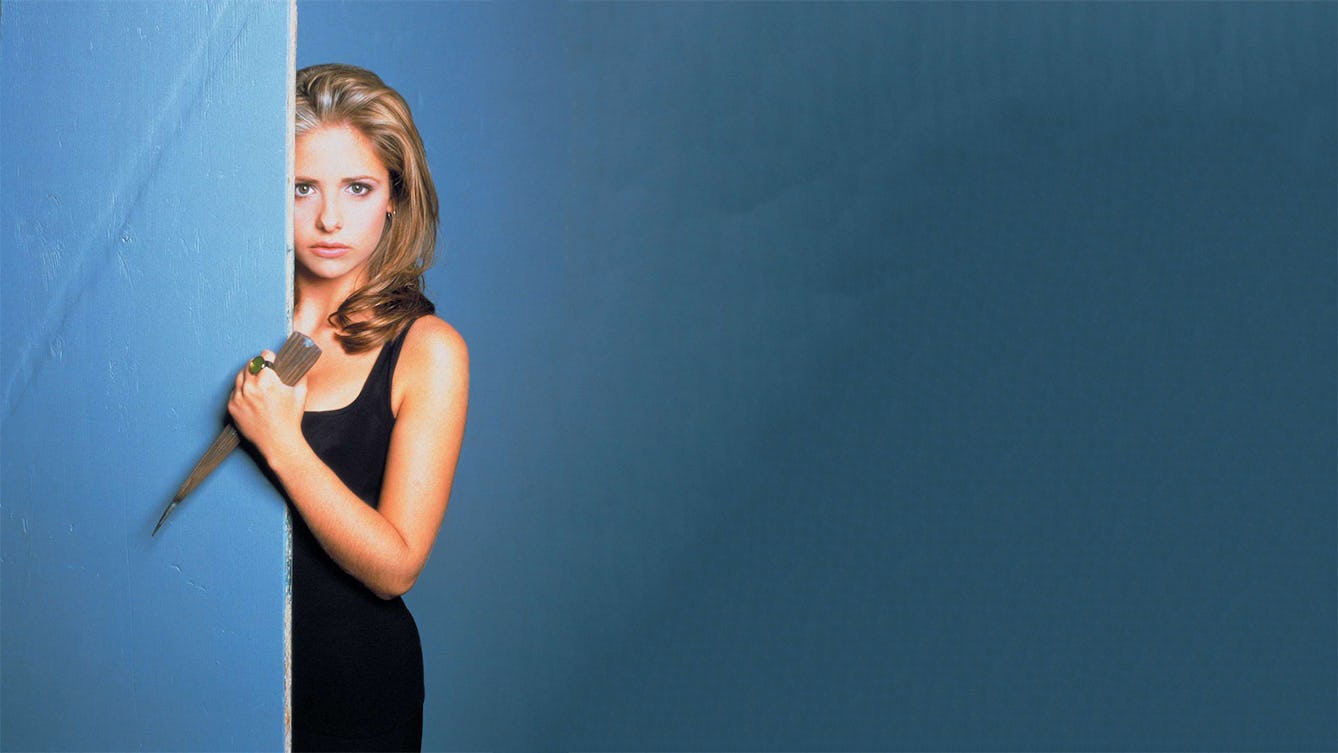
- Article
- Article
The unexpected parallels between Buffy the Vampire Slayer and Wellcome Collection
With the news of a sequel in development, Russell Dornan explores parallels between ‘Buffy the Vampire Slayer’ and Wellcome Collection.

- Article
- Article
Confession as therapy in the Middle Ages
The line between confession and counselling has been blurred for centuries.
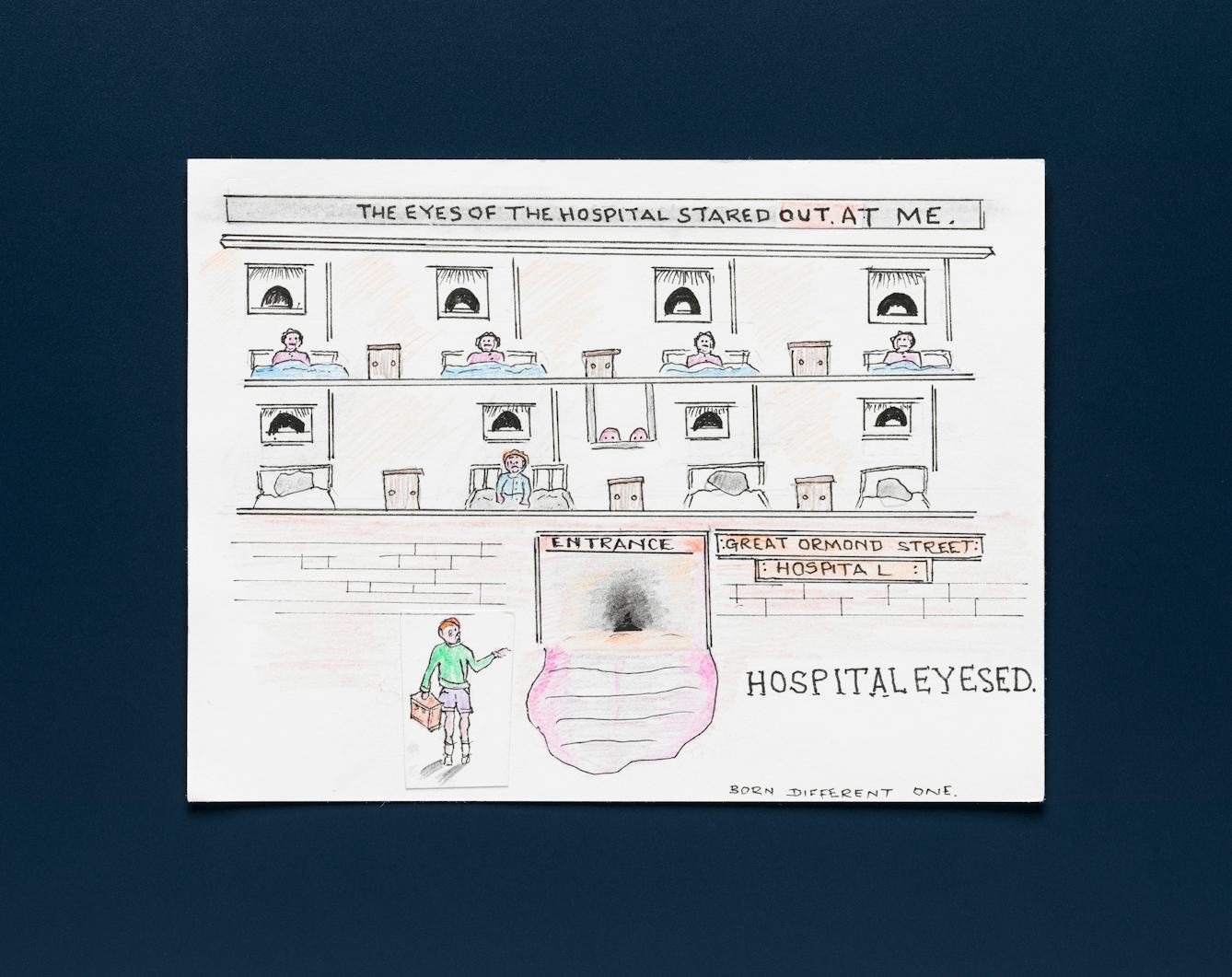
- Article
- Article
Born different
For Chris North, being born intersex in the 1940s meant his many childhood hospital visits, tests and operations were not explained or discussed. As he reveals, doctors encouraged strict secrecy.

- Article
- Article
Trust me, I’m a patient
Artist Rachel Rowan Olive is an expert in the way her mental health condition affects her. Here she explains how it helps if doctors understand that.

- Article
- Article
Children in burns prevention campaigns
Whose responsibility is it to prevent accidental burns and scalds in the home? Shane Ewen’s research shows that it’s everyone’s concern.

- Article
- Article
Western magic’s fascination with the foreigner
Could modern magic shows be perpetuating damaging cultural stereotypes? Shelley Saggar shows how ‘exotic’ costumes and imagery are far from harmless fun.

- Article
- Article
When doctors get sick
Feeling guilty about developing a health problem, our anonymous GP contemplates how the system could better support doctors when they’re sick.

- Article
- Article
The unearthly children of science fiction’s Cold War
In the 1950s a new figure emerged in British novels, film and television: a disturbing young alien that revealed postwar society’s fear of the unruly power of teenagers.
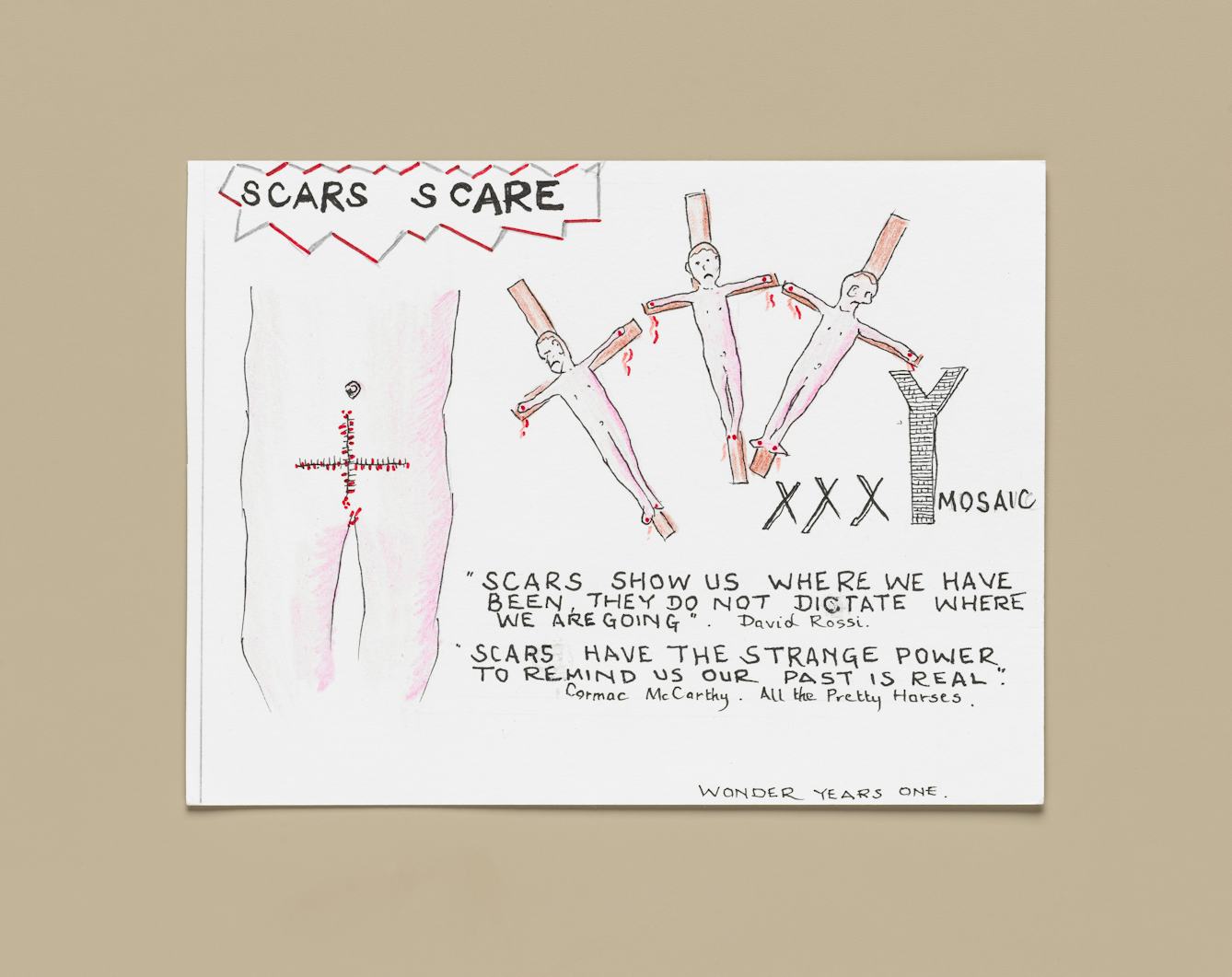
- Article
- Article
Wonder years
The confusion and secrecy surrounding his condition seriously affected Chris’s mental health, blighting his teenage years. But somehow he began to hope and plan for the future.

- Article
- Article
Is shoegaze the loneliest genre of music?
Christine Ro explores the connection between shyness and shoegaze.
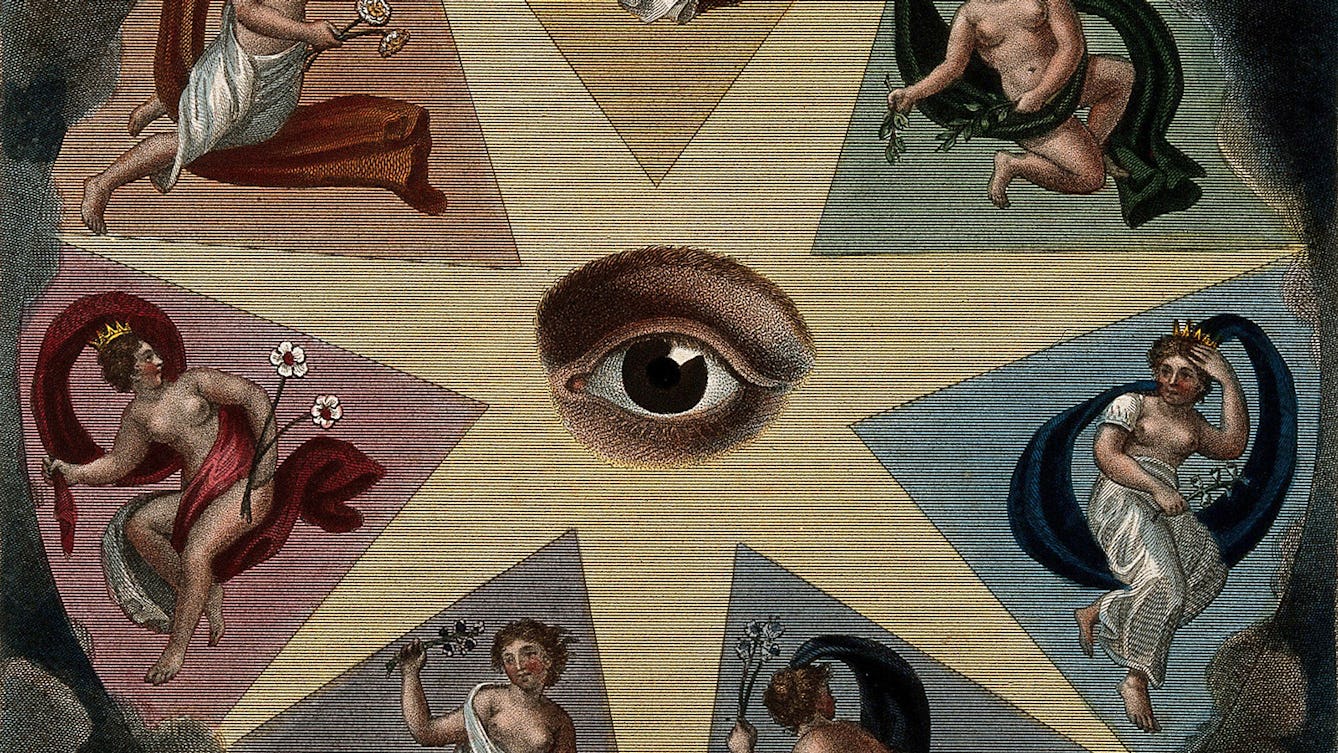
- Article
- Article
Do you see what I see?
Is reality actually what you see, or just an elaborate illusion?
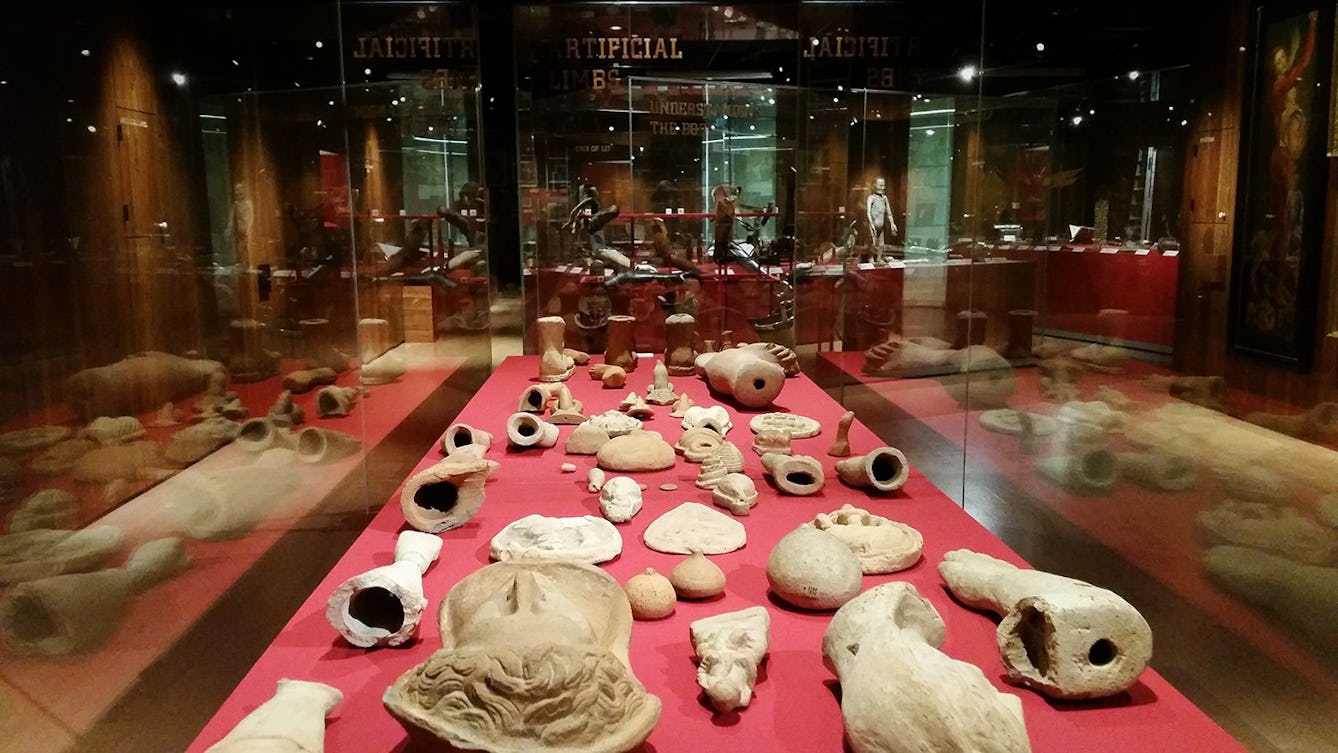
- Article
- Article
Why the world needs collectors
Those who collect play an important role as “facilitators of curiosity”, says Anna Faherty.

- Article
- Article
How injury changed my brain
Meg Fozzard, who experienced a brain injury in her 20s, writes about the huge impact it's had on her life, and talks to others with similar injuries.

- Article
- Article
Disability, education and prejudice
In the 1960s and 1970s, thalidomide survivors had to fight for a proper education. If they weren’t brought up in institutions, they were often viewed as objects of curiosity, encountering verbal and sometimes physical abuse, both at school and in the world beyond.

- Photo story
- Photo story
A portrait of me with my mother
A series of portraits with stand-in mothers helped Camilla Greenwell to process her grief, and then to question whether our photograph albums are ever really honest.

- Article
- Article
How can we prevent violence?
Evidence shows that strategies to prevent some types of violence can be very effective, while other, less well-acknowledged forms continue unabated. But hope can still guide us into a more peaceful future.

- Article
- Article
How Indigenous insight inspires sustainable science
The forest of the Amazon Basin is inextricably bound up with the lives of the Indigenous peoples living there. Find out how they feel about the forest, use what it provides, and try to protect it from aggressive commercial exploitation.

- Article
- Article
How shame makes us sick
The fight-or-flight response can have long-term consequences for our bodies if left unchecked. Lucia Osborne-Crowley investigates how shame and trauma are connected, and how both can lead to chronic ill health.

- Article
- Article
Electrical epilepsy and the EEG Test
The EEG (electroencephalograph) literally electrified the diagnosis and treatment of epilepsy. But for Aparna Nair the dreaded EEG tests of her adolescence were a painful ordeal.

- Article
- Article
The epilepsy diagnosis
Epilepsy exists between the mind and body, something that Aparna Nair experienced for herself when she was diagnosed as a teenager.

- Article
- Article
Remote diagnosis from wee to the Web
Medical practice might have moved on from when patients posted flasks of their urine for doctors to taste, but telehealth today keeps up the tradition of remote diagnosis – to our possible detriment.

- Article
- Article
The desire for lighter skin
Discover why some Black people feel more attractive with lighter skin. Ngunan Adamu speaks to three women who explain how they got hooked on skin bleaching.
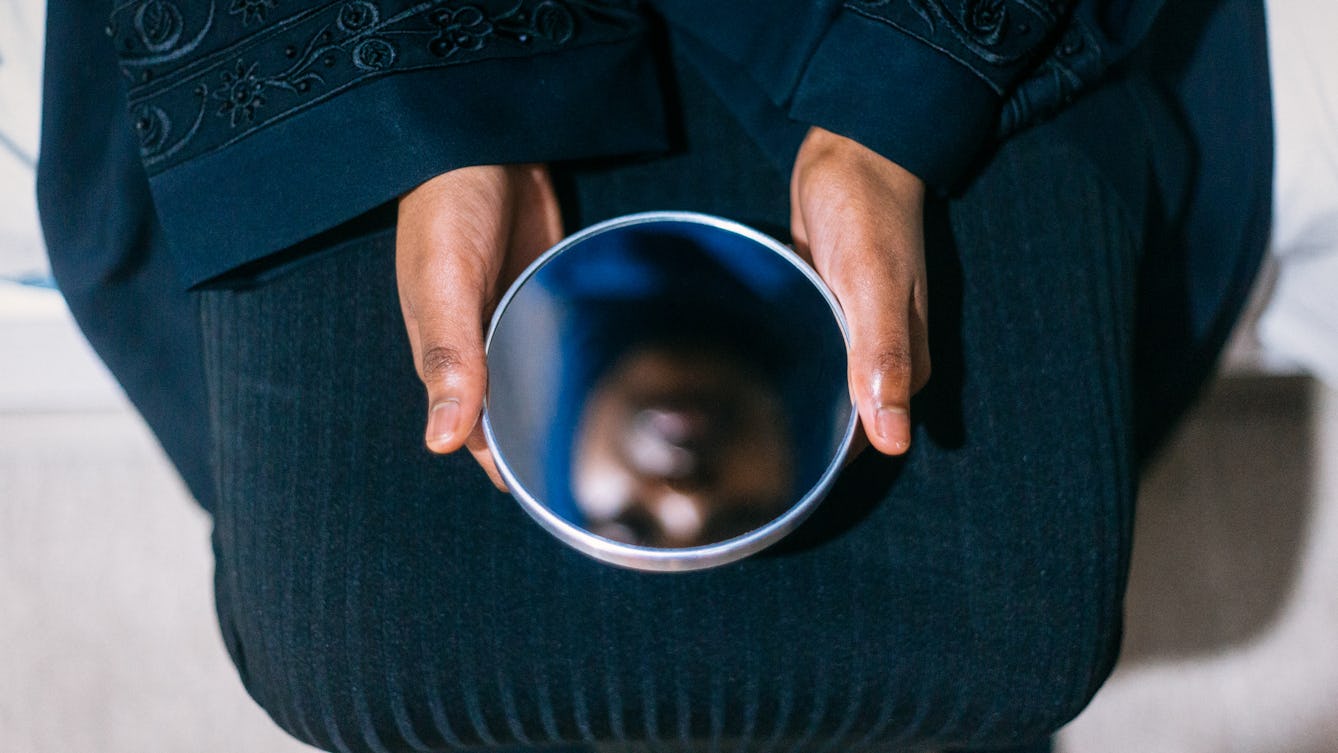
- Article
- Article
Colonialism and the origins of skin bleaching
The widespread practice of skin bleaching was heavily influenced by the Western colonisation and slavery of African and South Asian countries. Ngunan Adamu explores this toxic history.